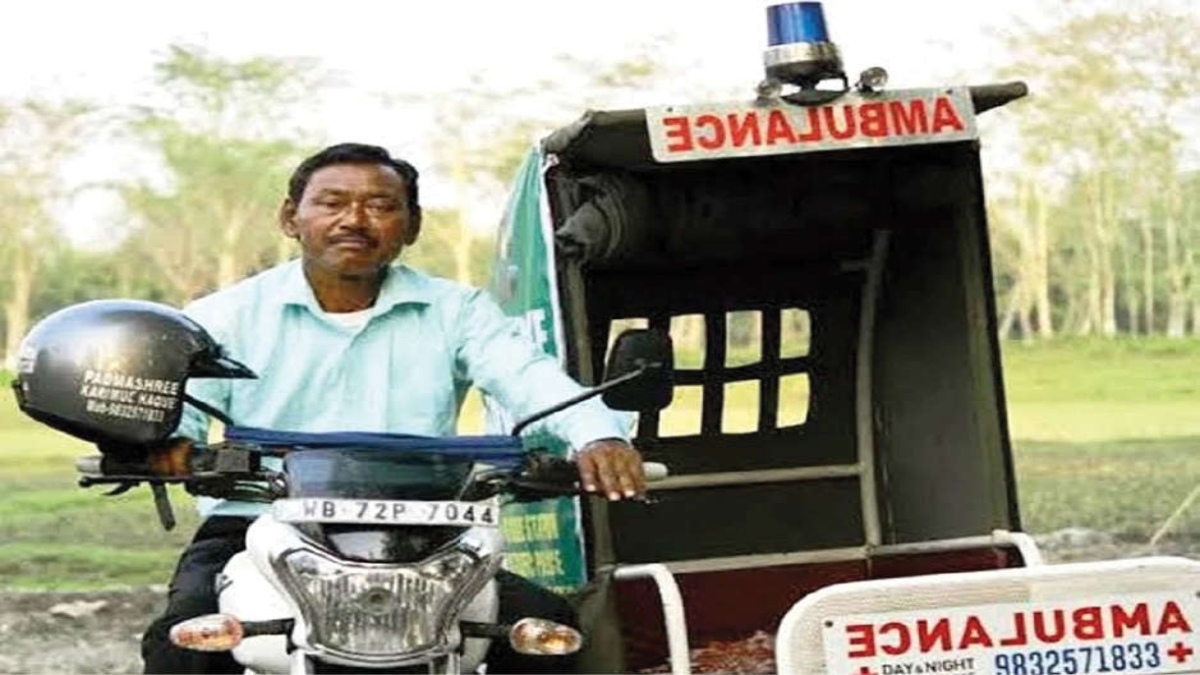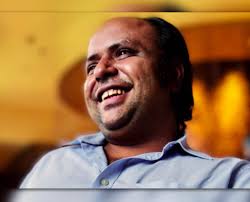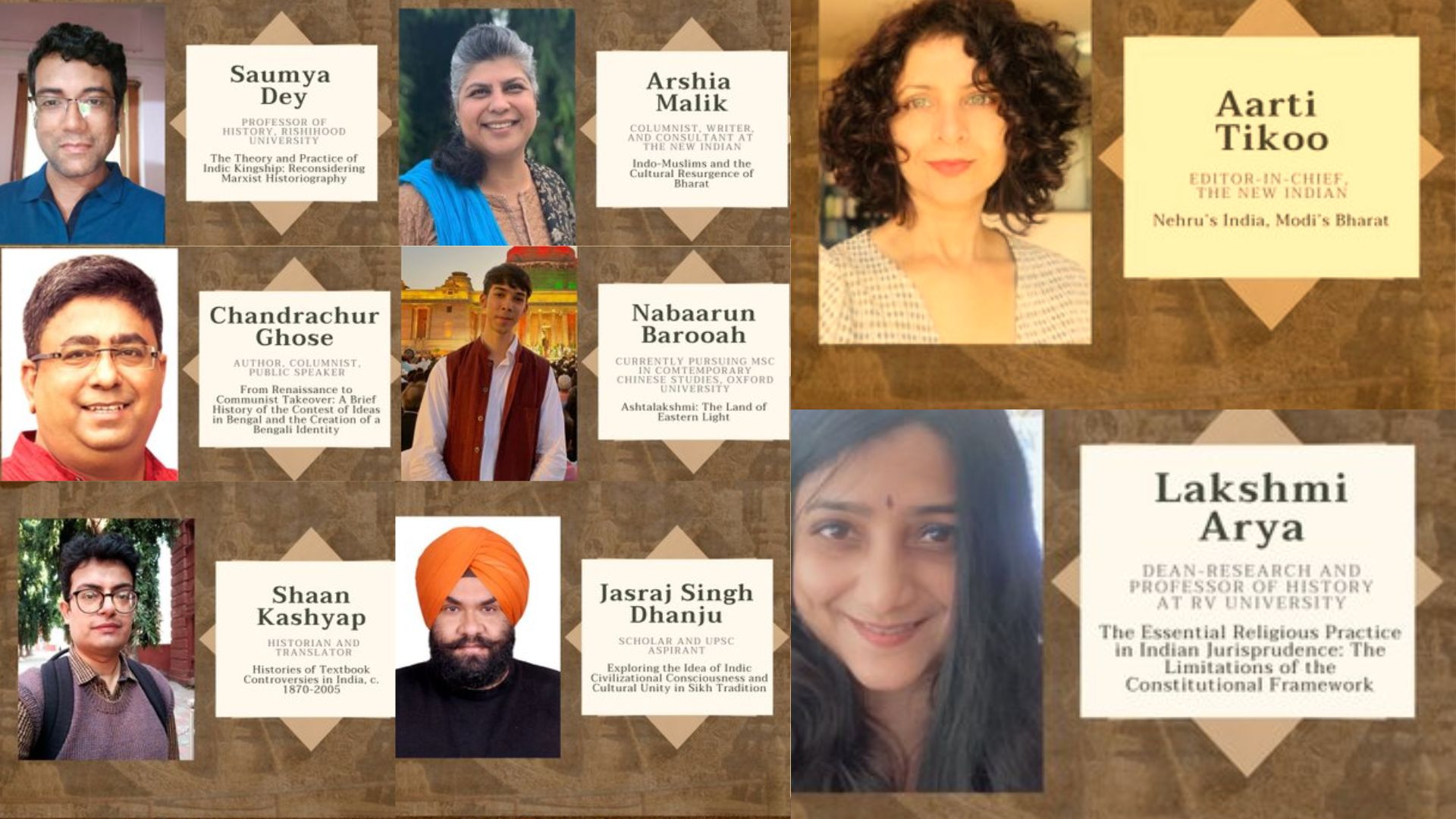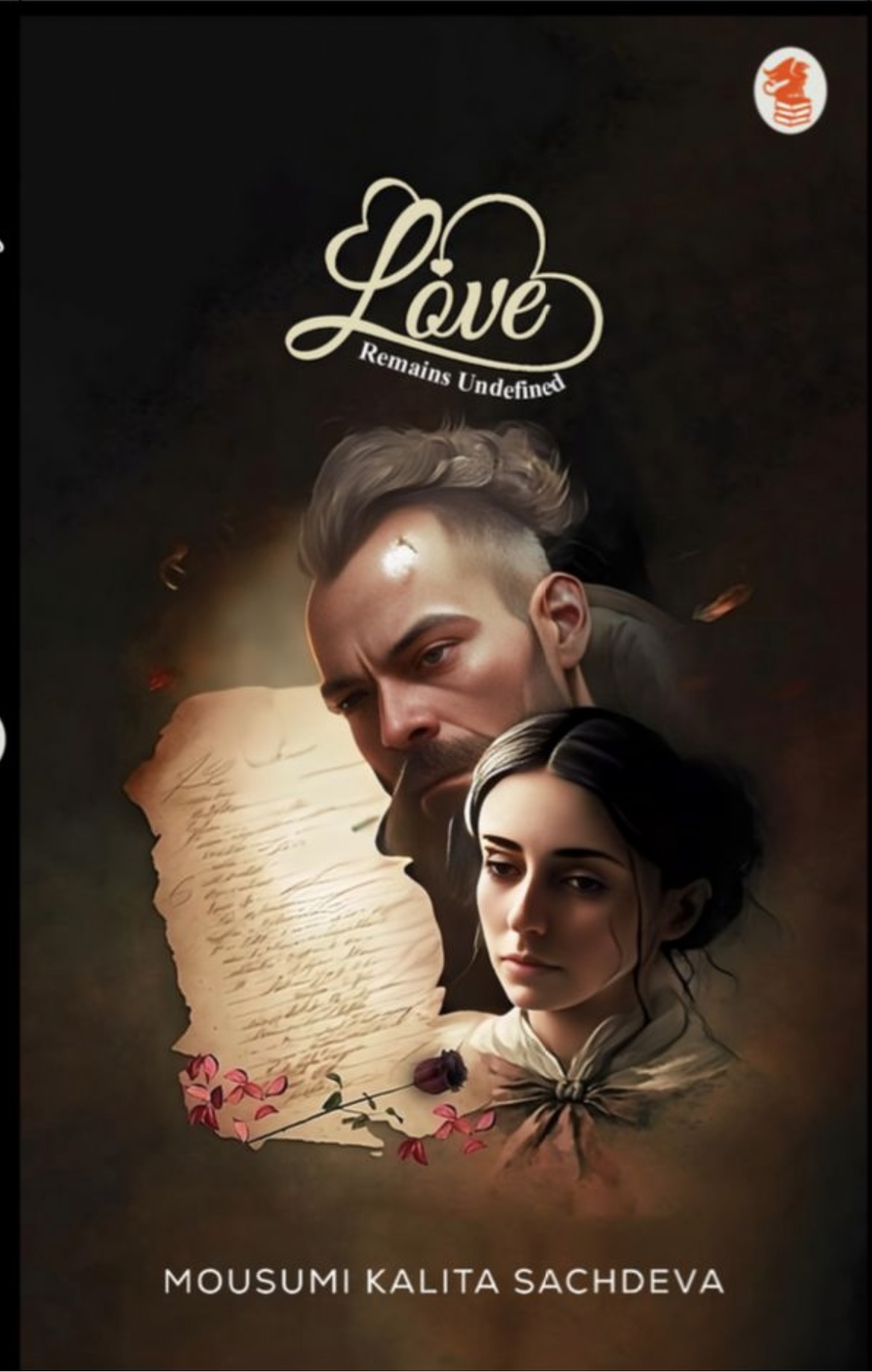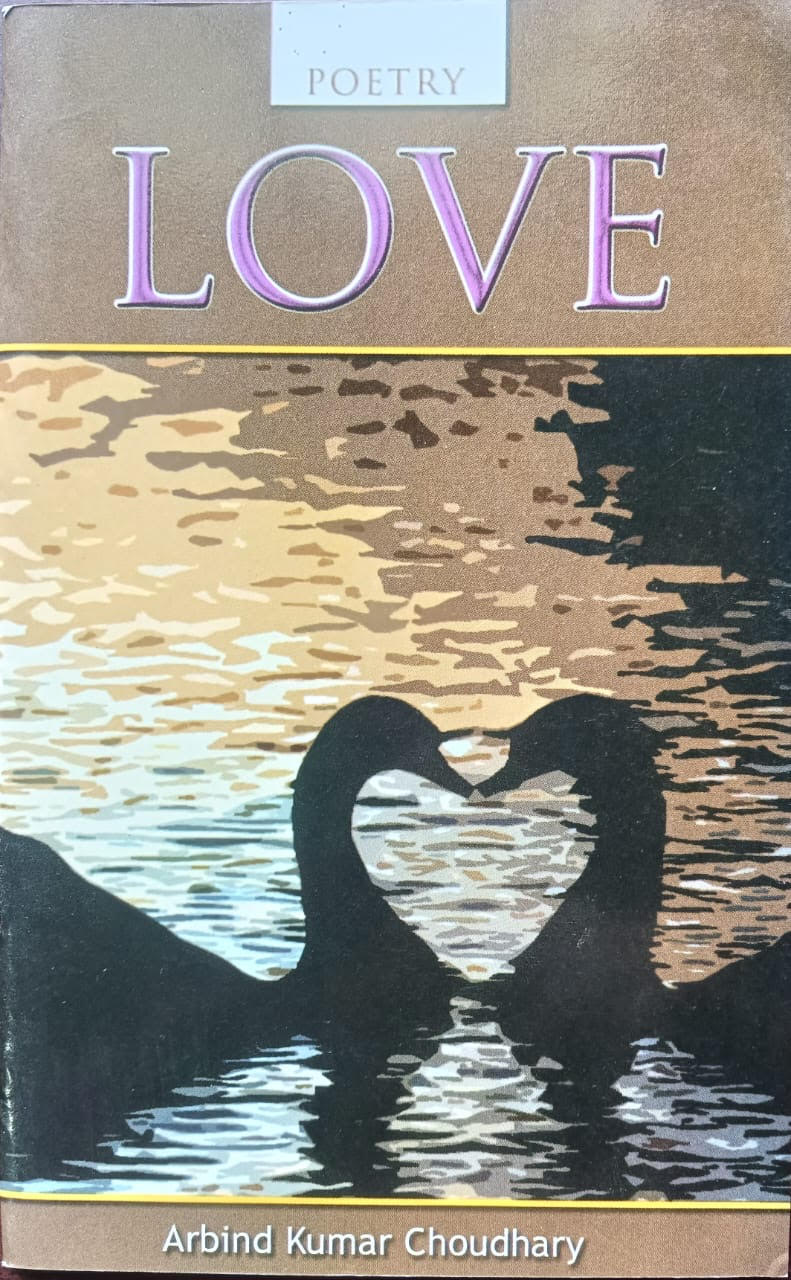Karimul Hak is a tea plantation worker in north Bengal who has saved over 4,000 lives by ferrying sick people to the hospital on his motorbike, and earned himself the Padma Shri—and the loving moniker of ‘Bike Ambulance dada’—as part of this journey. In an interview for The Daily Guardian, Biswajit Jha, who has authored a biography on the messiah of Dhalabari, speaks about the lessons to be learnt from Hak’s story and more. Excerpts:

Q: What led you to write a book on Karimul Hak?
A: I was working as a journalist in Delhi and came back to my roots in 2013. While working in North Bengal, I learned about Karimul Hak, who was doing amazing work. After his mother died because an ambulance could not reach her, he made it his mission in life to help others. He has struggled a lot – he started with a cycle, then saved to get a motorbike on loan, and still spends about a third of his earnings on helping others. I was hooked to his story! I wanted people to know about him and thus started writing the book.
Q: What was the research and interview process like?
A: I went to his house several times, even stayed there. He gave me four or five stories to begin with but I realised that wouldn’t be enough to write a book. So I studied newspaper reports and spoke to his family, people in his village and some of the patients he has helped. The whole experience has been amazing—I was a different person before all this. After writing the book, I have changed, and I wish the same would happen to people after reading it.
Q: You have mentioned that writing a book was a different ball game altogether, even though you have written so much as a journalist.
A: As a print journalist, writing used to be easy but it got boring. But after I quit it for about two years, the hunger to write returned. However, writing 1000 words for a newspaper article is very different from writing 50,000 words for a book. It’s easier to start writing one, but difficult to complete it. But I am happy to have written it and I hope to give to society with it. Whatever I earn from this book, I will give to charity. We are also planning to start a school with Karimul, where we will teach students the lesson of “humanity”.
Q: What were your concerns and challenges as a biographer?
A: With fiction, you can take certain liberties and change things, but with nonfiction, it is not the case. Moreover, biographies are usually boring, especially when they go in the order of starting with one’s childhood, then work, etc. So, my challenge as a biographer was to present his life story in a way that readers would look forward to each chapter in the book.
Q: A film is being planned on Karimul Hak. What would you like the filmmakers to take care of when portraying his story on screen?
A: Cinema takes more liberty with facts, so I hope they portray the real Karimul. They should highlight the tremendous troubles he has taken for his work. I would be able to guide them in this too.
Q: Lastly, do you think Karimul Hak’s story holds special significance in a post-pandemic India?
A: Yes, this is the most appropriate time to tell his story. The pandemic brought disaster to the country—economically, politically, socially. But stories like Karimul’s are a ray of hope in an atmosphere like this. Readers will get to learn that you don’t have to be an extraordinary person to do extraordinary things. I believe that in a country this big, the government does not have the capability of taking care of every poor person. Many survive only due to the sympathy and welfare of others. After getting recognition and awards like the Padma Shri, many even say that Karimul simply got lucky, but I would say that luck will always favour you only if you work for others as he has.

